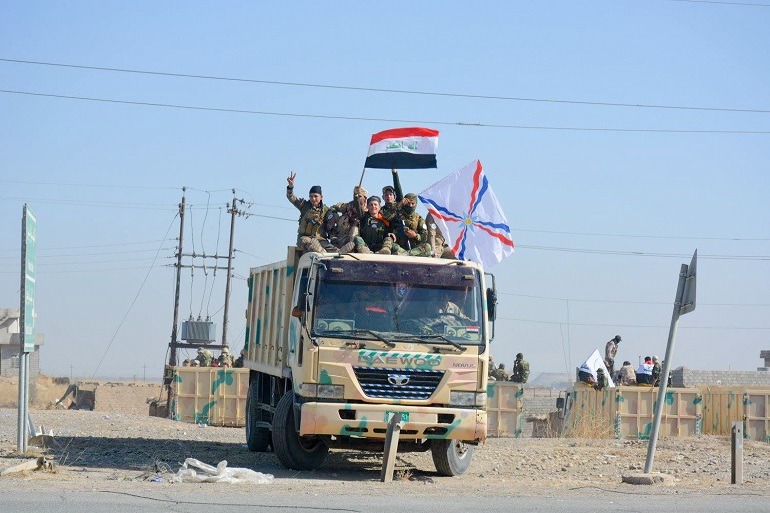
The rebuilding of Iraq should be guided by its young people, says an archbishop who took in 700 students from Mosul University after the occupation of the city by Islamic State in June 2014.
Bishop Yousif Thoma Mirkis of Kirkuk, 170km southeast of Mosul, recently visited the university and reunited with some of the students. It was his desire for dialogue and sharing that motivated him to offer shelter both to Christian and Muslim students during Mosul’s occupation, reported AsiaNews.
Since IS was pushed out of the city in July last year, the university has resumed its activities and it is with these students that the rebuilding of Iraq should start, according to the bishop. “We cannot start up with the same pro-Islamic politicians and radical religious leaders,” he said. “We have had enough of divisions between Sunnis and Shiites; we must not turn back the clock.”
Although some returnees have said Mosul is still dangerous, two young men have created a video to show the more positive side of returning home. ‘Back to Mosul’ tells the story of the friendship between Alaa’ and Ali, a Christian and a Muslim, who say they are hoping to pick up their lives where IS forced them to leave it, two a half years ago.
Father Salar Kajo of the Nineveh Reconstruction Committee, involved with the rebuilding of nine towns and villages in the Nineveh Plains, warned that if families who fled the area in 2014 cannot soon return to their homes, they may leave the country, the Catholic news site Zenit reported.
Meanwhile the murder of an Assyrian Christian family of three in the capital, Baghdad, on 8 March, has increased fears among Iraqi Christians that the government is not able to provide them with adequate security, a local source told World Watch Monitor. Although it appeared to be a criminally motivated attack, the leader of a Christian militia that fought against IS attributed it to the group.
The Iraqi government denounced the murders as “a threat to national unity”, reported Middle East Concern. It also said “the attacks were designed to empty major Iraqi cities of Christians and other minorities, while the UN called on the government to protect religious minorities in the country.
On 15 March, US Vice President Mike Pence confirmed the US government’s commitment to protecting religious minorities in a conversation with the Iraqi Prime Minister, Haider Al-Abadi.
Spoke w/ Iraq PM @HaiderAlAbadi about our Admin’s commitment to PROTECT persecuted Christians & religious minorities in Iraq & the Middle East. Also congratulated PM on Iraqi Sec Forces success against ISIS & highlighted the partnership b/w them & US military & coalition partners
— Vice President Mike Pence (@VP) March 15, 2018